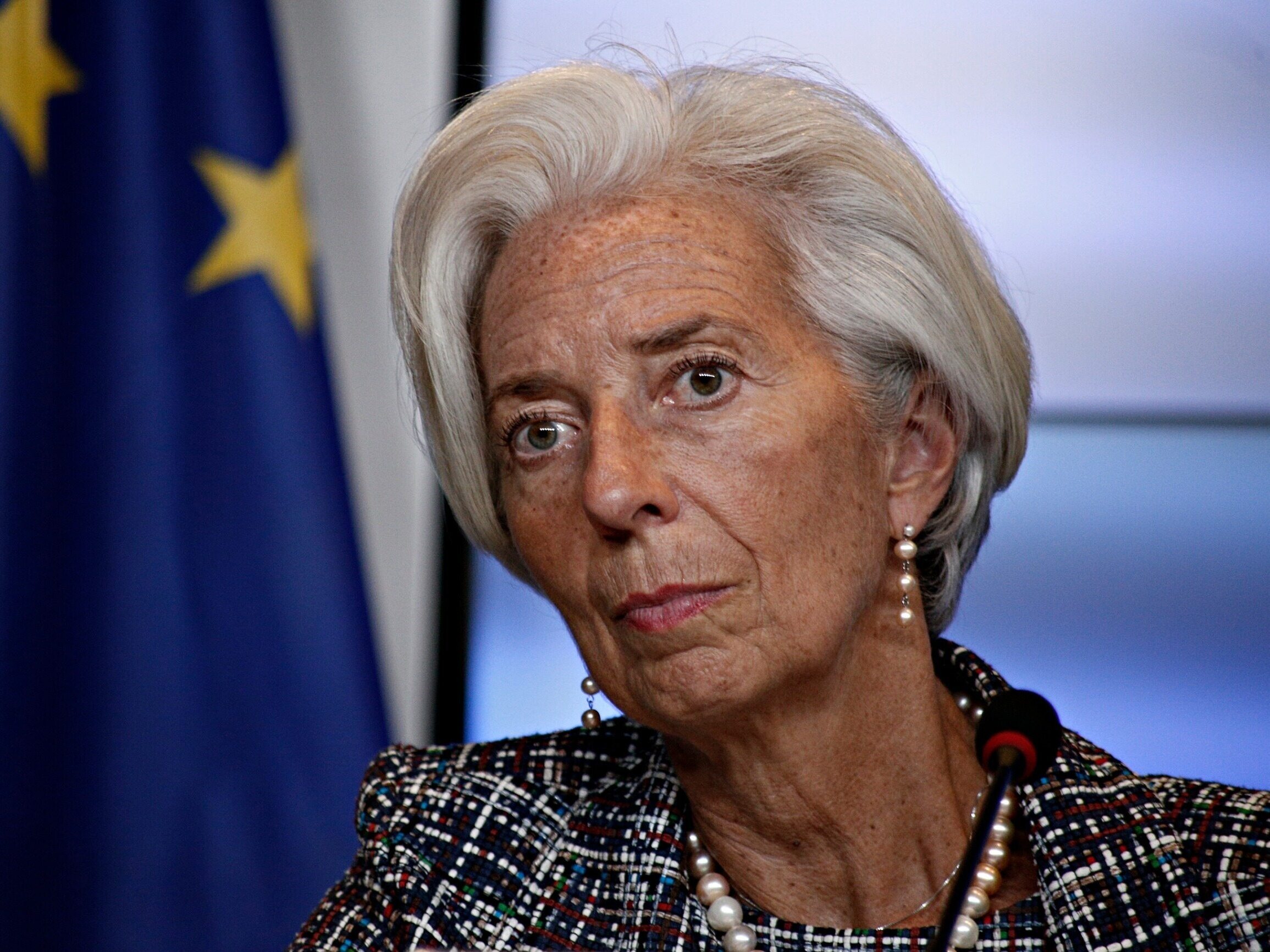Monetary policies in focus. Confusion in the markets

Central banks decide interest rate levels. In the spotlight are the Fed, the ECB, but also the Bank of Switzerland and Norway.
The markets are very interesting, mainly due to central banks making decisions regarding their monetary policies.
Confusion in the markets caused by central banks
During yesterday’s press conference, Lagarde tried to dampen market expectations for an interest rate cut, which she succeeded to some extent. This was reflected in the strengthening euro exchange rate. At the same time, the president of the ECB expressed optimism about the inflation prospects. Interest rates in the euro zone remained unchanged once again. The BoE sounded hawkish and strengthened GBP. In turn, the Swiss franc lost and the Norwegian krone gained significantly, which was the result of the restrictive attitude of Norges Bank.
Before yesterday’s meeting, financial markets had fully priced in the first interest rate cut. by 25 basis points in March 2024. In total, cuts of 150 basis points were expected by the end of next year. Representatives of the European bank did not like this interpretation. The suppression of these speculations turned out to be effective and, as a result, the EUR/USD rate rose almost to the level of 1.10 and equaled the peak set at the end of November.
Inflation pressure is decreasing
Lagarde no longer said that inflation would remain “too high for too long.” She also explained that, unlike the Federal Reserve, the ECB Governing Council did not discuss interest rate cuts yesterday. She also stressed strong wage growth, which is driving domestic inflation, and that the ECB will not lower its guard.
During the conference, it was also emphasized that the core inflation measure had recently been lower than forecast. While answering questions, the ECB president did not repeat the statement that rates would remain at their current level for several quarters. The bank forecasts that inflation and the core index will fall to the target of 2% over the forecast horizon. The latest lower CPI readings from the euro zone (2.4% y/y) are the result of, among others, lower prices for services.
Nevertheless, inflation declines will be limited by still strong wage growth, which the ECB recognizes, so interest rates they will probably remain at an elevated level for longer, and the first reduction is likely to take place later than the start of the easing cycle planned by the Federal Reserve.
Exchange rates. The BoE’s decision strengthened the pound
The pound sterling also had a good session. As expected, the Bank of England left interest rates unchanged yesterday (5.25%). More importantly, unlike the Fed, it continued to emphasize the risk of inflation. The GBP/USD pair rose to its highest level since August this year. and established a local peak around 1.2790. The BoE did not attempt to use the significant decline in inflation as an opportunity to abandon its cautious stance.
Governor Andrew Baily acknowledged that it is not yet possible to say with complete certainty that interest rates have peaked. At the same time, he openly admitted that there was no discussion in the BoE about cuts because it is still too early for such a move to ease monetary conditions. The market perceived the decision and the words of the bank’s president as definitely “hawkish”, which strengthened the valuation of the pound.
The Swiss franc lost (mainly to the euro) after the SnB’s decision to maintain the cost of money at the same level by 1.75%. SNB President Thomas Jordan noted yesterday that the central bank “is no longer focused on selling foreign currencies.” In the second quarter, the institution sold foreign exchange reserves worth over CHF 40 billion to artificially support the CHF. The bank’s inflation projections have been lowered and are now approaching the SNB’s target range of 0-2%. Yesterday, the EUR/CHF rate increased at the time of the decision, and the increases accelerated in the afternoon when the ECB took the floor.
In turn, Norges Bank remains very restrictive. Interest rates in Norway were raised by 25 basis points to 4.5%. Moreover, according to representatives of institutions, they will probably remain at this level for some time – until autumn 2024. Further increases have not been fully ruled out. At the same time, the scenario of earlier cuts has not been ruled out if the Norwegian economy slows down significantly or inflation drops more than the projections indicate. The decline in the EUR/NOK exchange rate to 11.50 was decisive and dynamic. The ECB press conference did not manage to permanently increase the exchange rate and currently the quotations are within yesterday’s lows.






